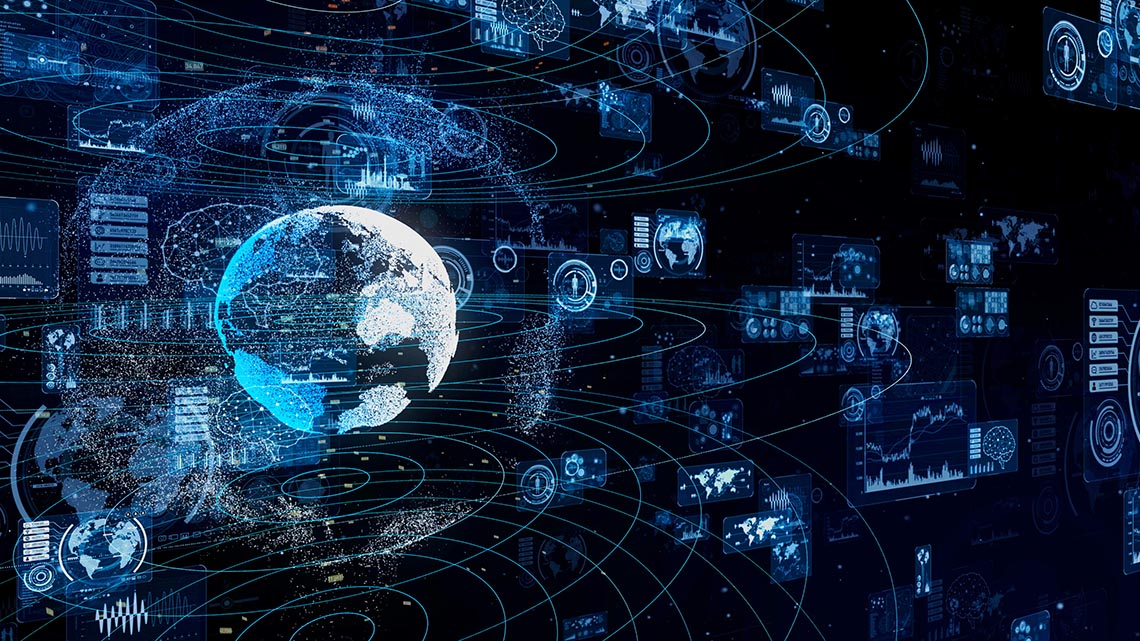Inverter Frequenzumrichter Danfoss SEW Lenze Siemens reparieren lassen has redefined the way electrical power is converted and utilized, heralding a transformative era in energy efficiency and consumer convenience. A pivotal innovation in the realm of electrical engineering, inverters have made substantial strides in various industries, from residential applications to industrial settings, playing a crucial role in power management and optimization.
Understanding Inverter Technology
At its core, an inverter is an electronic device designed to convert direct current (DC) into alternating current (AC). This conversion process enables the utilization of DC power sources, such as batteries or solar panels, to operate devices and appliances that typically require AC power. By employing semiconductors like transistors and diodes, inverters facilitate the controlled switching of electrical currents, generating AC power with varying frequencies and voltage levels to match specific requirements.
Applications in Renewable Energy
One of the most prominent applications of inverter technology is in the realm of renewable energy systems, particularly solar and wind power generation. Photovoltaic (PV) solar panels produce DC electricity from sunlight. Inverters are crucial in transforming this DC power into usable AC electricity that can either power homes directly or be fed back into the grid.
Advantages in Energy Efficiency
Inverters offer notable advantages in enhancing energy efficiency. Traditional appliances operating on fixed-speed motors tend to consume more power during start-up due to the sudden surge in current. However, inverters use variable-speed motors that start gradually, reducing energy spikes and enabling efficient operation. For instance, in air conditioning units or refrigerators, inverter technology adjusts the compressor speed according to the cooling demand, consuming less power and maintaining stable temperatures.


